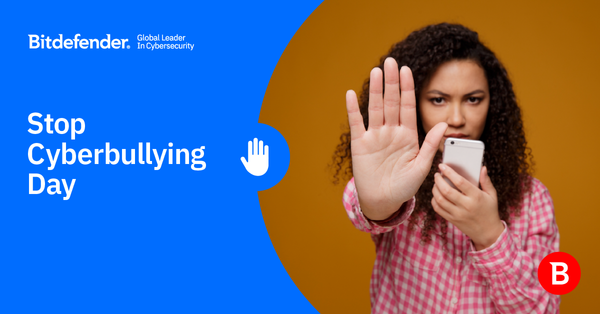Do your kids enjoy livestreaming? Here are some tips to help keep their digital interactions safe

With the growth of livestreaming platforms and social networks, more and more kids are ‘going live,’ aspiring to become the latest internet sensation, vlogger or influencer.
TikTok, YouTube, Facebook Live, Twitch, Instagram Live and Musical.ly are just a few of the popular platforms and apps that kids and young people may use to stream or create their own content.
Broadcasting and interacting with an audience in real time is very appealing, allowing users to have fun and express themselves.
While broadcasting and interacting with like-minded individuals can be a lot of fun and help young people build confidence and strengthen social bonds, we can’t ignore the risks associated with kids using such services; there are plenty:
Oversharing personal information
Interacting with an audience in real time may pressure kids into providing information about themselves and their families, or sharing sensitive information without even realizing it. Moreover, standing behind the screen, some children or teenagers may feel less inhibited and behave improperly, or differently than they would in real life.
Livestreaming also lets users present their viewers with particular images of their surroundings, including their home and bedroom, which may reveal additional security and privacy issues.
What you should do:
Talk to your children about oversharing, and give examples of sensitive information that they should never share with strangers or viewers online, including their location, home address, school name, age, date of birth, telephone number, email address, SSN or photos.
You can also head to the privacy settings of the streaming app/platform and ensure that your kids’ location settings are turned off.
Grooming
Most social media platforms and livestreaming apps allow seamless interaction among users, and platforms such as TikTok and Twitch are hotspots for malicious individuals who target children. Most of the interactions begin with a harmless message or private chat, where the predator compliments the young user to gain their trust.
What should you do:
First of all, most social media apps and live-streaming apps are rated 13+ meaning that, if your children are under the minimum age, they shouldn’t be using the platform at all. Look over the privacy settings of the app with your kids and teach them how to spot and report suspicious individuals, and to never interact with strangers who contact them in private and request contact information and sensitive pictures – report any unwanted contact
You should also ensure that your kids’ social media friends and viewers are people they also know in real life. Explore the features together and make sure their “friends” are real, in-person friends. If your child receives such an approach, immediately contact the police.
Bullying and videos recorded or shared without their consent
Many of these livestreaming apps allow viewers to leave anonymous comments that can emotionally harm your child. Moreover, malicious individuals can records or share your kids’ content with other parties without their consent in an attempt to shame, troll or even impersonate them.
What should you:
Talk to your child about the signs and effects of cyberbullying and make sure they will always report any signs of online abuse. You can find more tips on how your child can protect against cyberbullying and other digital harms here.
Video-sharing apps can be fun and safe when used smartly and conscientiously. If you need additional help monitoring your child’s screen time and digital activities, check out Bitdefender Parental Control. Parental Advisor automatically chooses the best privacy features based on your child's age. These can be fine-tuned for you and your child’s needs.
The parental control feature can be found in most of our standalone security solutions or all-in-one security products.
tags
Author
Alina is a history buff passionate about cybersecurity and anything sci-fi, advocating Bitdefender technologies and solutions. She spends most of her time between her two feline friends and traveling.
View all postsRight now Top posts
Fake Download of Mission: Impossible – The Final Reckoning Movie Deploys Lumma Stealer
May 23, 2025
Scammers Sell Access to Steam Accounts with All the Latest Games – It's a Trap!
May 16, 2025
How to Protect Your WhatsApp from Hackers and Scammers – 8 Key Settings and Best Practices
April 03, 2025
FOLLOW US ON SOCIAL MEDIA
You might also like
Bookmarks







